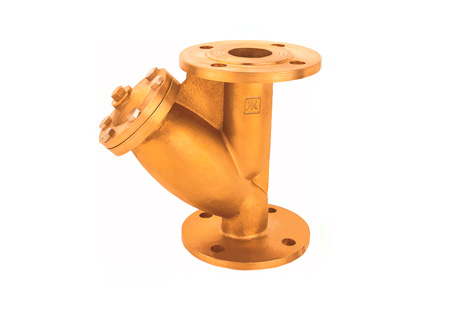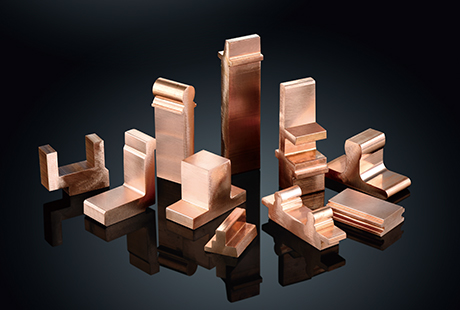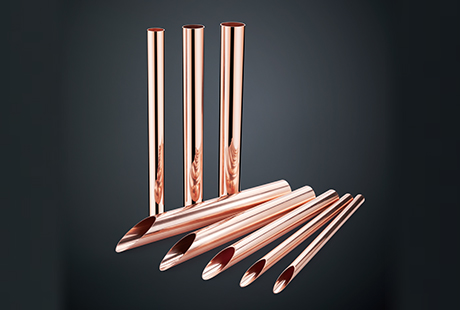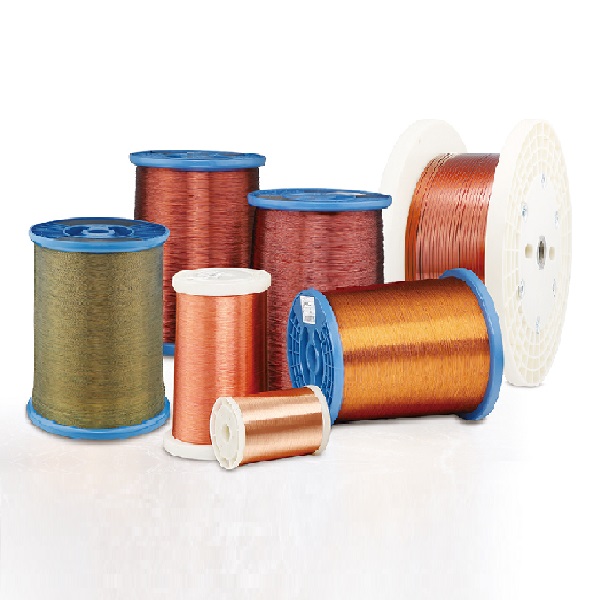Brass check valves are essential components used in various industries to regulate the flow of fluids and gases. These valves are known for their reliability and durability, but have you ever wondered how they are manufactured? In this blog, we will take you behind the scenes and explore the fascinating manufacturing process of brass check valves, shedding light on the intricate steps involved in creating these crucial devices.
The Raw Materials: From Brass Ingots to Valve Blanks
The manufacturing process of brass check valves begins with the selection of high-quality raw materials. Brass, an alloy of copper and zinc, is the primary material used. Specialized suppliers carefully choose brass ingots with precise compositions to ensure the desired mechanical properties of the final valves. The brass ingots then undergo a melting process, where they are heated to a specific temperature in a furnace. Once molten, the brass is cast into molds to create valve blanks. These blanks will later be shaped and machined into the final valve components.
Precision Machining: Creating Intricate Valve Components
Precision machining is a critical step in the manufacturing process. This is where the valve blanks are transformed into intricate components that make up the check valves. CNC (Computer Numerical Control) machines are used to achieve high accuracy and consistency during this stage. The valve bodies, discs, springs, and other components are carefully shaped and threaded to meet precise specifications. Specialized suppliers employ skilled machinists and advanced machinery to ensure that each component is manufactured with utmost precision.
Assembly: Bringing the Components Together
Once all the individual components are manufactured, it's time for the assembly process. This is where the magic happens as the various parts come together to form a functional brass check valve. Assembly requires both precision and expertise, as even the smallest misalignment can affect the valve's performance. Depending on the type of check valve (swing check, lift check, or ball check), the assembly process may vary slightly. Skilled technicians meticulously fit the components, ensuring proper alignment and smooth operation.
Quality Control: Ensuring Performance and Reliability
Quality control is a crucial aspect of the manufacturing process. Specialized brass check valve suppliers have strict quality assurance protocols to ensure that every valve leaving the production line meets the highest standards. Each valve undergoes rigorous testing to check for leaks, proper sealing, pressure resistance, and functionality. Any valve that fails to meet the required standards is rejected, and the issue is investigated to prevent future occurrences.
Next time you see a brass check valve in action, you'll have a deeper appreciation for the complex process behind its creation. The attention to detail and commitment to excellence in manufacturing ensure that these valves play a vital role in diverse industries and applications, ensuring the smooth and safe flow of liquids and gases.

 English
English 日本語
日本語 한국어
한국어 français
français Deutsch
Deutsch Español
Español italiano
italiano العربية
العربية tiếng việt
tiếng việt Türkçe
Türkçe ไทย
ไทย 中文
中文





